Debunking Common Myths About Astrology: Astrology, the ancient practice of studying celestial movements and their influence on human affairs, has fascinated and mystified people for centuries. However, amidst its popularity, astrology is often subject to misconceptions and myths that obscure its true nature and efficacy. In this comprehensive exploration, we embark on a journey to debunk common myths about astrology, shedding light on its principles, practices, and potential benefits.
Myth 1: Astrology is Just Entertainment
One of the most prevalent myths about astrology is that it is merely a form of entertainment, akin to horoscope columns in newspapers or online quizzes. While astrology does have elements of entertainment, it is a complex and multifaceted system with roots in ancient wisdom and symbolism. Astrology encompasses diverse techniques, including natal charts, transits, and predictive analysis, that offer valuable insights into personality traits, life events, and potential paths.
Myth 2: Astrology Predicts the Future with Certainty
Contrary to popular belief, astrology does not provide deterministic predictions of the future. Instead, it offers a framework for understanding the energies at play in the cosmos and their potential influence on individual experiences. Astrological readings offer insights into planetary alignments and their symbolic significance, empowering individuals to make informed choices and navigate life’s twists and turns with greater awareness.
Myth 3: Astrology is a Religion
While astrology shares some similarities with religious beliefs, such as a reverence for the cosmos and a sense of interconnectedness, it is not a religion in the traditional sense. Astrology is a symbolic language and a tool for self-discovery, personal growth, and psychological insight. It does not require adherence to specific dogma or worship of deities but instead encourages individuals to explore their inner worlds and cosmic connections.
Myth 4: Astrology is Scientifically Unproven
While astrology may not adhere to traditional scientific methodologies, it has its own empirical basis rooted in observation, correlation, and interpretation. Astrologers analyze planetary movements and their correlations with human behavior, events, and phenomena, drawing on centuries of accumulated wisdom and anecdotal evidence. While astrology may not fit within the confines of mainstream science, its enduring popularity and efficacy among practitioners and enthusiasts attest to its validity and relevance.
Myth 5: Astrology Only Relates to Sun Signs
Many people mistakenly believe that astrology revolves solely around sun signs, such as Aries, Taurus, or Gemini, based on their date of birth. However, astrology encompasses a diverse array of factors, including moon signs, rising signs, planetary placements, and aspects, each contributing to a unique astrological profile. Sun signs provide a broad overview of personality traits, but a comprehensive astrological analysis considers multiple factors for a more nuanced understanding.
Myth 6: Astrology is Deterministic and Fixed
Another common misconception about astrology is that it imposes rigid constraints on individuals’ lives, suggesting that their destinies are predetermined and immutable. In reality, astrology emphasizes the interplay between fate and free will, recognizing that while certain cosmic energies may influence our experiences, we retain agency and choice in shaping our paths. Astrology offers insights into potential opportunities, challenges, and growth areas, empowering individuals to make conscious decisions and embrace their personal journeys.
Debunking Myths and Misconceptions
- Astrology is Scientifically Unproven: While astrology may not adhere to traditional scientific methodologies, it has its own empirical basis rooted in observation, correlation, and interpretation. Astrologers analyze planetary movements and their correlations with human behavior, events, and phenomena, drawing on centuries of accumulated wisdom and anecdotal evidence.
- Astrology Predicts the Future with Certainty: Contrary to popular belief, astrology does not provide deterministic predictions of the future. Instead, it offers a framework for understanding the energies at play in the cosmos and their potential influence on individual experiences. Astrological readings offer insights into planetary alignments and their symbolic significance, empowering individuals to make informed choices and navigate life’s twists and turns with greater awareness.
- Astrology is Just Entertainment: While astrology does have elements of entertainment, it is a complex and multifaceted system with roots in ancient wisdom and symbolism. Astrology encompasses diverse techniques, including natal charts, transits, and predictive analysis, that offer valuable insights into personality traits, life events, and potential paths.
- Astrology Only Relates to Sun Signs: Many people mistakenly believe that astrology revolves solely around sun signs, such as Aries, Taurus, or Gemini, based on their date of birth. However, astrology encompasses a diverse array of factors, including moon signs, rising signs, planetary placements, and aspects, each contributing to a unique astrological profile.
- Astrology is a Religion: While astrology shares some similarities with religious beliefs, such as a reverence for the cosmos and a sense of interconnectedness, it is not a religion in the traditional sense. Astrology is a symbolic language and a tool for self-discovery, personal growth, and psychological insight. It does not require adherence to specific dogma or worship of deities but instead encourages individuals to explore their inner worlds and cosmic connections.
Conclusion
In conclusion, astrology is a rich and multifaceted discipline that offers profound insights into human nature, cosmic forces, and the interconnectedness of all things. By debunking common myths and misconceptions about astrology, we gain a deeper appreciation for its complexity, relevance, and potential benefits. Whether used for self-reflection, relationship dynamics, or navigating life’s challenges, astrology serves as a guiding light, illuminating our paths with wisdom, insight, and cosmic clarity. As we continue to explore the depths of the astrological realm, may we embrace its mysteries with open minds and receptive hearts, unlocking new levels of understanding, growth, and transformation along the way.

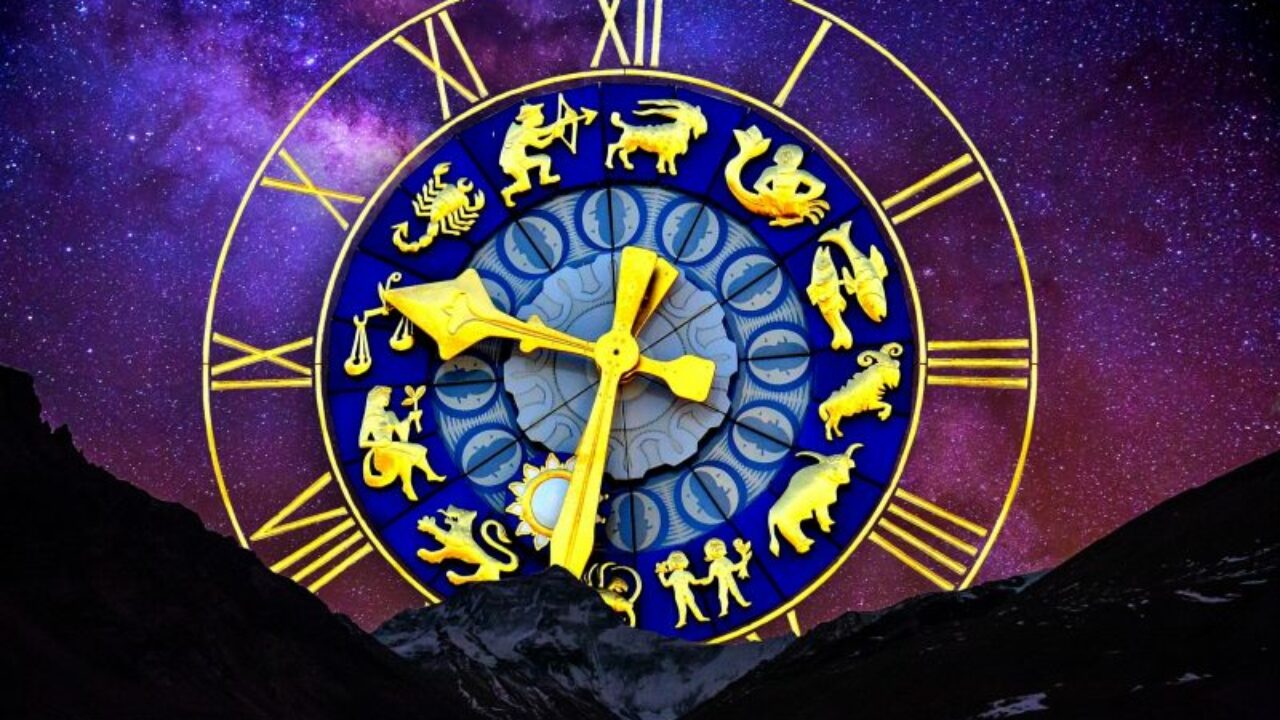
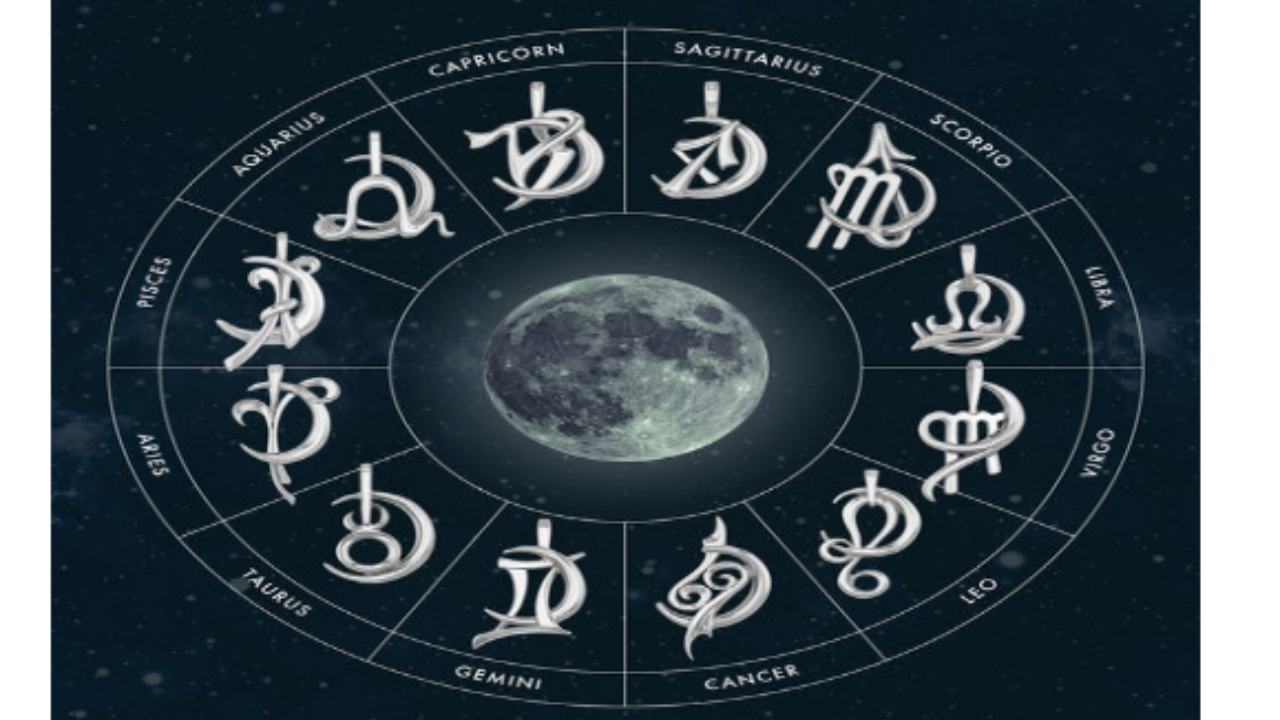

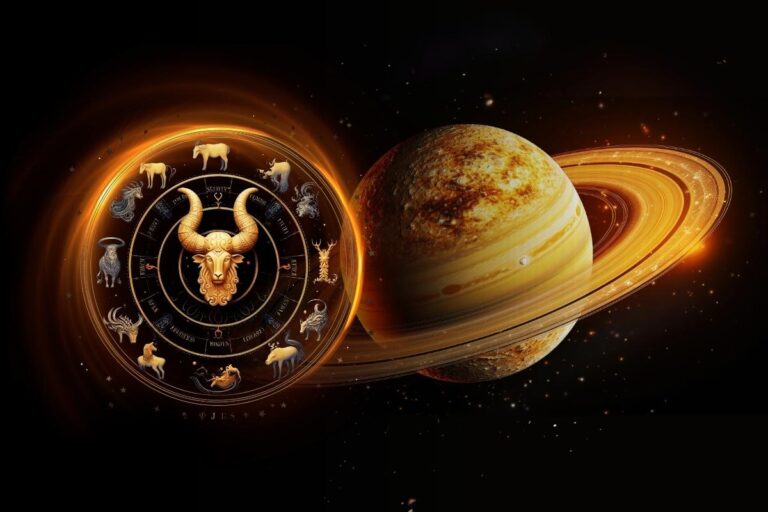
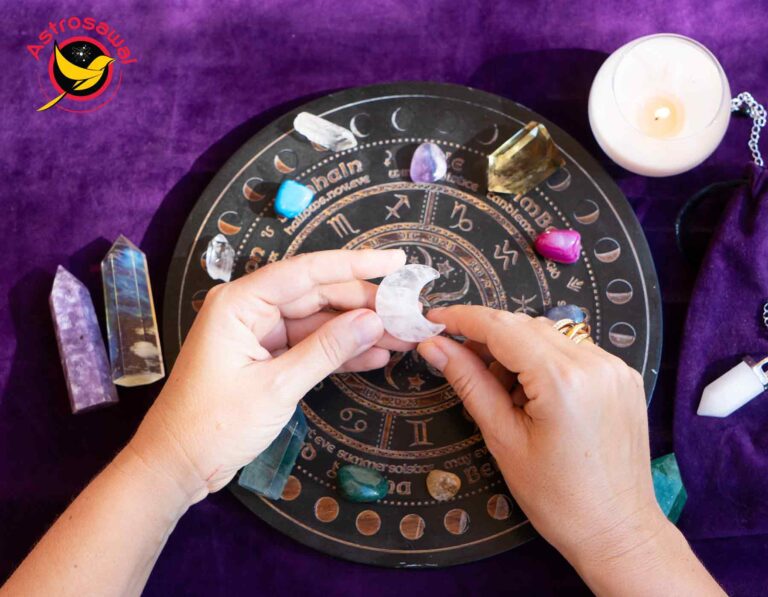


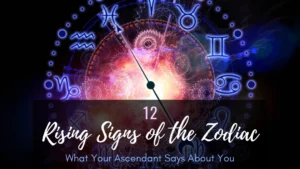


+ There are no comments
Add yours